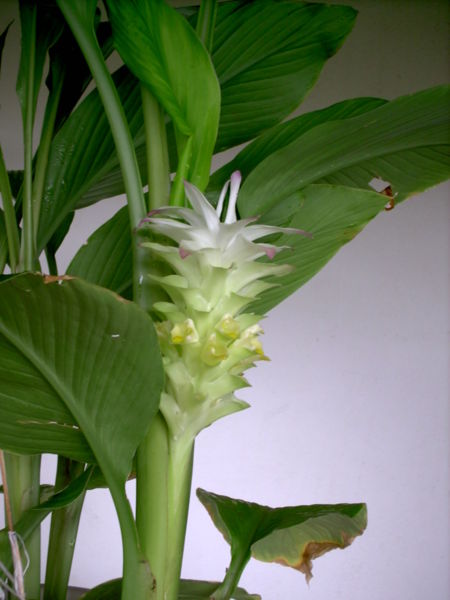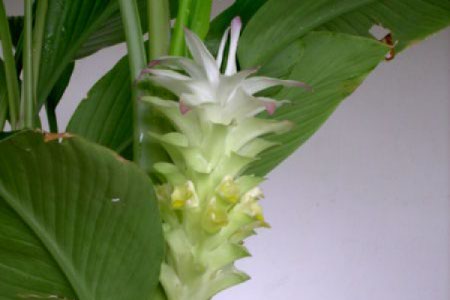Naturopathic health
Turmeric Herbal Remedy
|
Benefits of Turmeric Curcuma Longa Turmeric information Turmeric is used by herbal practitioners in the treatment of digestive, liver and menstrual disorders. More recently, various research studies have linked the low incidence of Alzheimer's disease in the Indian sub-continent with consumption of turmeric Turmeric can be used for: Amenorrhoea and dysmenorrhoea Shoulder pain Gastric ulcer Indigestion, bloating, flatulence Improving intestinal flora and protein digestion Lowering cholesterol Osteoarthritis Rheumatoid arthritis Liver disease and dysfunction, including hepatitis and jaundice Cancer prevention Prevention and treatment of Alzheimer's disease Contraindications Biliary tract obstruction and gallstones. Avoid if suffering from stomach ulcers or hyperacidity disorders. Warnings Do not take high doses if taking anti-platelet or anti-coagulant drugs. Avoid in pregnancy. Active compounds Essential
oil, yellow pigments including curcumin, 5% minerals including potassium, 45 –
55% gelatinised starch. What herbal practitioners say about Turmeric Turmeric is a warm and spicy herb that has been traditionally used in Ayurvedic medicine for thousands of years for a variety of complaints including the treatment of wounds, ulcers and cuts, arthritis, liver, digestive and skin conditions, and even leprosy and snakebites. In traditional Chinese medicine it is used for menstrual disorders, relieving pain and treating liver and digestive disorders. It is a truly wonderful herb being anti-inflammatory, anti-oxidant, anti-platelet, anti-thrombotic and anti-cancer. It combines well with Ashwagandha in the treatment of osteoarthritis. Tincture dose Adult dose: 1 - 5mls three times a day. Children’s dose: 0.3 -1.5mls three times a day. Based on a ratio of herb to alcohol of 1:2 Naturopaths treat the whole person not just the disease or condition. That's why you cannot use this site for diagnosis or treatment. The information we provide should not be treated as a substitute for medical advice or treatment. We recommend that you visit a qualified naturopath or find a GP who is sympathetic to a naturopathic approach. Click here for our full disclaimer. |
Research homeHerbal remediesAdvice on buying herbal remedies
|
|
|
|
|
|
|
|
||
|
|
|
If your starting to move towards a healthy diet and you want to take a major step forward then a detoxification programme can make a big difference. Click on the link below to find out more. Healthy Recipes Juicing SupplementsBach Flower Herbal Acupuncture Homeopathy DetoxificationMassage Qi Gong Nutrition & Diet Iridology Tissue Salts |









